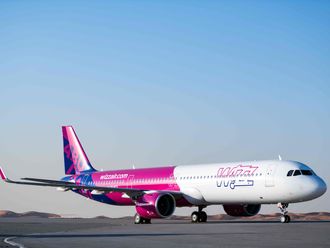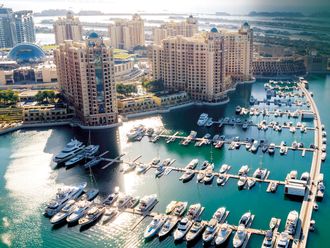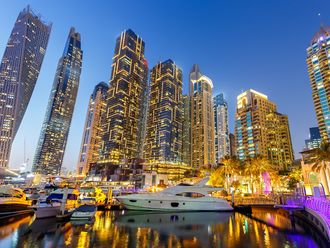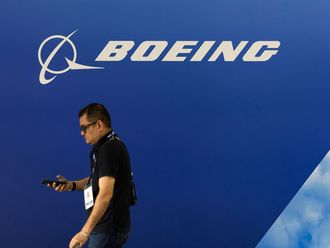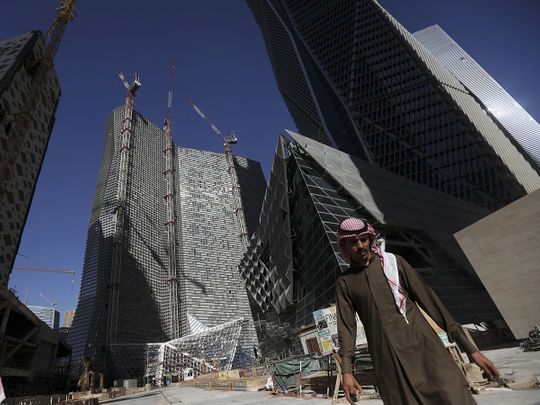
Dubai: Oil at or around the $90 certainly is fueling business confidence in Saudi Arabia, with companies accelerating spending to increase capacity and even on new hiring during September.
The speed of new hiring during the month ended up being the fastest since 2018. Saudi business confidence also perked up significantly, according to the latest PMI (Purchasing Managers Index) report from Riyad Bank.
The Saudi non-oil economy is on the growth track in multiple sectors, with construction and hospitality leading the way, according to industry feedback. Retail sector has had its slight up and down phases, but remains broadly in the positive. All of which is boosting the employment numbers.
Helping businesses was the muted presence of inflationary pressures, and which could help with higher end-user demand in the weeks ahead.
57.2
The Saudi PMI score for September signals businesses are having a good time“Despite the increase in input prices, prices of goods did not register the same increase and were instead muted by stronger competition,” said Naif Al-Ghaith, Chief Economist at Riyad Bank. “Thus, our expectation is that the headline inflation rate for Saudi Arabia will average 2.5 per cent for 2023.”
That inflation expectation can be enough to propel increased activity by companies through the final quarter. They were also taking no chances in converting the favourable circumstances into higher sales.
Firms were offering discounts to ‘combat strong competition’, which however did place pressure on their profit margins. “Our view is that non-oil GDP will continue to support growth and remain above 5.5 per cent for 2023 supported by the ongoing reforms under the Vision 2030,” said Al-Ghaith.
PMI reading
In September, the PMI score for non-oil private sector was 57.2, and well over the 11-month low of 56.6 recorded for August. (The PMI tracks businesses spending on their various requirements, as well as other factors such as input and selling prices, hiring, etc.)
New business orders are what's driving the positives. "Anecdotal evidence signalled that improving market conditions was a key catalyst to rising client orders, while some firms highlighted increased new business initiatives in sales and marketing departments," according to the Riyad Bank report.
Can this hold through Q4-23?
Despite some weakening this week, oil prices are still running highly favourable, and which should extend the good run for businesses all the way to end December.
The Riyad Bank report does, however, mention some headwinds. "External headwinds have impacted exports of non-oil companiesm which decreased slightly in September," said Al-Ghaith. "However, input and imports are continuing to rise, which would impact the ratio of non-oil exports to imports to below 31.”


